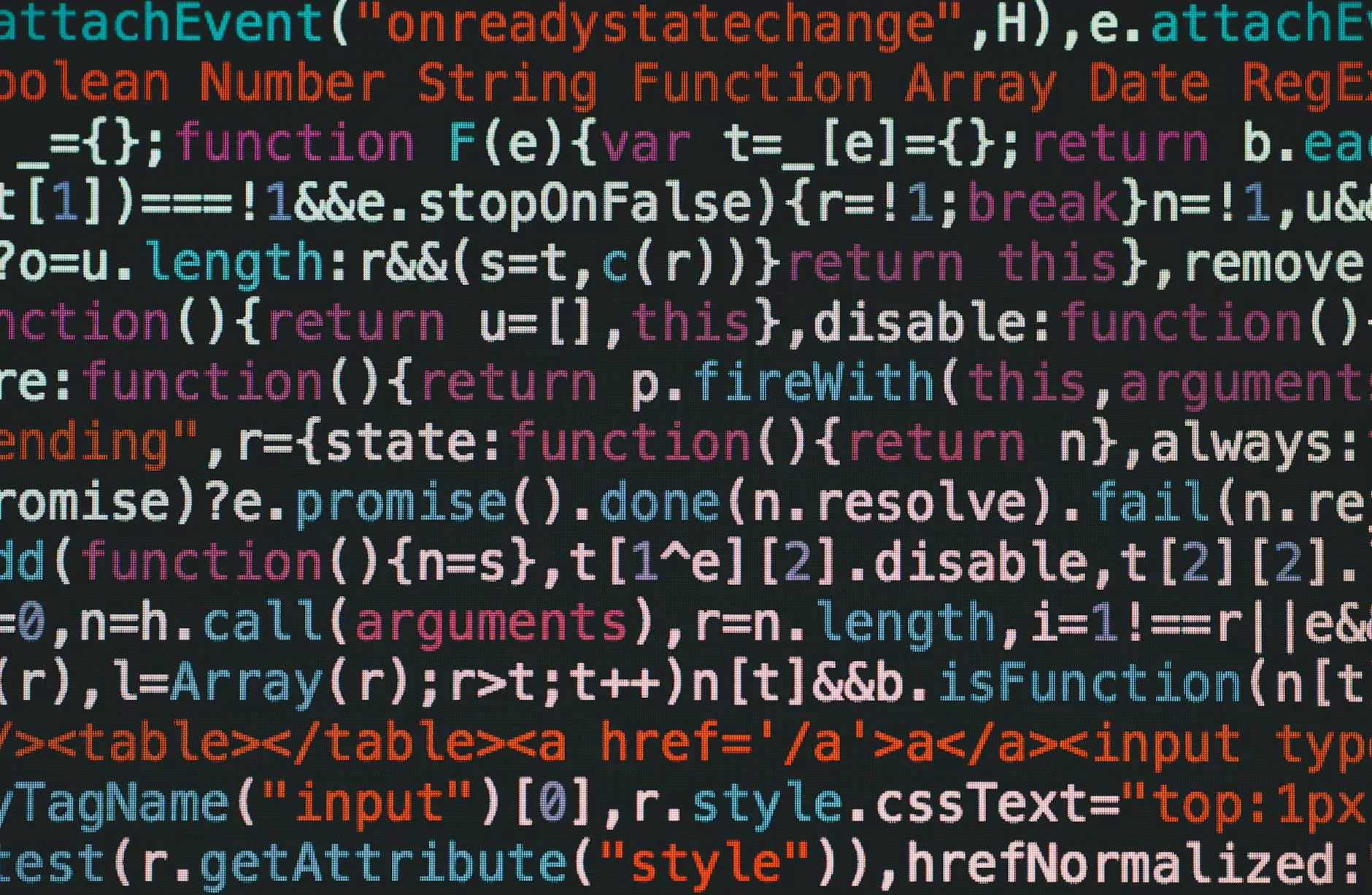AI Terminology Glossary

Artificial Intelligence, commonly referred to as AI, is a rapidly evolving field that encompasses a wide range of concepts, technologies, and applications. In this comprehensive AI Terminology Glossary, we delve into the key terms and definitions that are essential for understanding the intricacies of AI.
The AI Landscape
Artificial Intelligence is a transformative technology that has the potential to revolutionize industries across the board. From healthcare and finance to transportation and manufacturing, AI is driving innovation and efficiency like never before.
Key Concepts and Definitions
1. Machine Learning
Machine Learning is a subset of AI that enables systems to learn and improve from experience without being explicitly programmed. It involves the development of algorithms that can analyze data, identify patterns, and make decisions with minimal human intervention.
2. Neural Networks
Neural Networks are a class of algorithms that are inspired by the way the human brain works. They are composed of layers of interconnected nodes, or artificial neurons, that process and transmit information in a manner similar to biological neural networks.
3. Natural Language Processing (NLP)
Natural Language Processing is a branch of AI that focuses on the interaction between computers and human language. NLP enables computers to understand, interpret, and generate human language, allowing for seamless communication between machines and humans.
4. Deep Learning
Deep Learning is a subset of Machine Learning that utilizes neural networks with multiple layers to model and analyze complex patterns in data. Deep Learning algorithms have shown remarkable performance in tasks such as image recognition, speech recognition, and natural language processing.
5. Computer Vision
Computer Vision is the field of AI that enables machines to interpret and understand the visual world. It involves the development of algorithms that can analyze and extract information from images and videos, allowing for applications such as object recognition, image segmentation, and autonomous driving.
Applications of AI
AI technologies are being increasingly deployed across various sectors to enhance efficiency, improve decision-making, and drive innovation. Some of the key applications of AI include:
- Healthcare: AI is being used to develop advanced diagnostic tools, personalized treatment plans, and predictive analytics for healthcare providers.
- Finance: AI is revolutionizing the financial industry with applications such as fraud detection, algorithmic trading, and customer service automation.
- Transportation: AI is powering autonomous vehicles, traffic optimization systems, and predictive maintenance solutions in the transportation sector.
- Manufacturing: AI is streamlining production processes, optimizing supply chains, and enabling predictive maintenance in manufacturing facilities.
Conclusion
The AI Terminology Glossary provides a foundational understanding of the key concepts and ideas within the realm of Artificial Intelligence. By familiarizing yourself with these terms and definitions, you will be better equipped to navigate the rapidly evolving landscape of AI and harness its transformative potential.









